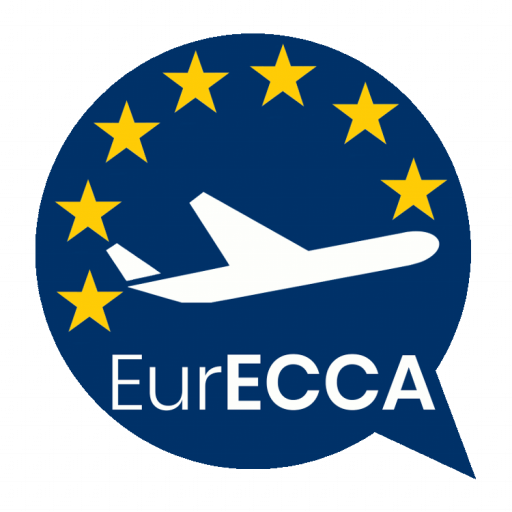EurECCA calls for tighter legislation to ensure that crew and passenger safety is not in danger
Press Release – Brussels, 6 March 2019 – EurECCA, the association representing European cabin crew, calls for stricter legislation in civil aviation following the release of a new EU Commission and European Aviation Safety Agency (EASA) study, ‘Effectiveness of Flight Time Limitations’. The study, based on real-life operations of 24 airlines involving almost 16,000 pilots and cabin crew, confirms several previous scientific assessments and shows that night flights and ‘disruptive schedules’ of air crew, currently permitted under the Flight Time Limitations (FTL) regulation, result in exceptionally high levels of fatigue, which have the potential of adversely affecting safety on board.
Night flights and ‘disruptive schedules’ as defined in the FTL rules are one of the main source of fatigue.
EurECCA still considers that regulation n°83/2014 published on the 29th of January 2014 concerning flight and duty time limitations and rest requirements adopted by the commission (DG Move) and voted by the European Parliament on the 8th of October 2013 clearly endangers the flight safety and, subsequently, the passengers and cabin crew safety.
Despite a large number of remarks, documented by scientific studies for a safe Flight Time Limitations regulation, the Commission adopted a Regulation responding to economic contingencies of airlines whose consequences on human health, safety and working conditions are dangerous and socially unacceptable.
Despite an independent scientific study, ordered by the EU, recommending some practical changes in the EU regulatory provisions on working conditions to guarantee that both passengers and crews be protected from fatigue-derived risks, the Commission has gone ahead ignoring the precautionary principle.
As a consequence, this new regulation became enforceable without due consideration for:
• Some objectives laid down in International Regulations (1);
• ILO Recommendations and Conventions (2);
• The EU Directive 89/391/EEC of the Council dated 12 June 1989 concerning the enforcement of measures aimed at promoting the workers’ health and safety at work.
It is essential to bear in mind that the maximum values in this regulation are:
• For Flight Duty Period without rest on board and without a proper crew rest seat: a 13-hour Flight Duty Period, i.e. some 14 hours as a minimum effective working time, to which may be added one hour, i.e. some 15 hours as a minimum effective working time;
• For Flight Duty Periods with rest, the Flight Duty Period has been increased to 18 hours, i.e. some 19 hours as a minimum effective working time;
• In the event of an operational incident (unforeseen circumstances), it is provided to extend them to up to 3 hours, i.e. the work time limit would become some 18 or 22 hours as a minimum effective working time.
According to EurECCA, these values, do not comply with health and safety human standard and endanger flight safety. Christoph Drescher, President of EurECCA says, “The study provides irrefutable evidence that current Flight Time Limitations rules are not only inadequate, but they are jeopardising the safety and wellbeing of pilots, cabin crew and passengers.” “At a time when air traffic is growing rapidly, these safety risks need to be urgently addressed with an immediate revision of the FTL rules that govern how long crew can fly, be on duty and have to rest – for night flights and duties that disrupt the human body clock,” added Xavier Gautier, Secretary General of EurECCA.


